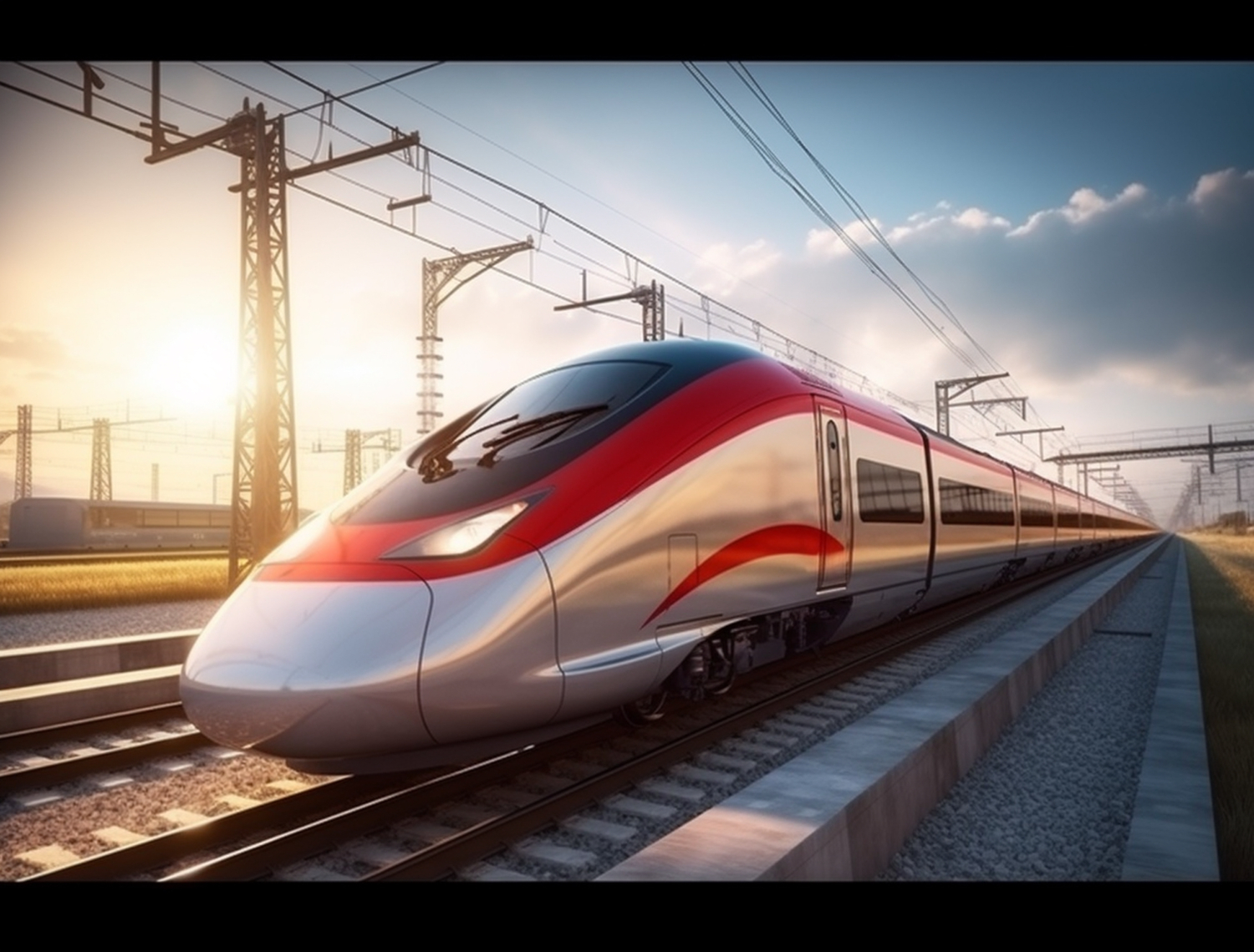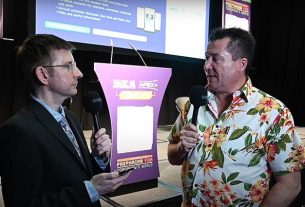Negotiations between India and Japan regarding the rolling stock contract for the Mumbai-Ahmedabad high-speed rail project have hit a standstill, delaying plans for trial runs on a key 56km stretch between Surat and Bilimora. The trials, initially scheduled for next year, are now uncertain due to unresolved issues surrounding the supply of trains and other equipment critical to the project’s timeline.
The Mumbai-Ahmedabad corridor, part of India’s ambitious high-speed rail network, has faced multiple hurdles since its inception, with this latest delay stemming from differences in the procurement and specifications of the rolling stock. Japan’s involvement in the project has been central, given its expertise in high-speed rail technology, but negotiations over cost, delivery timelines, and technical specifications have slowed progress.
The 56km section, seen as an important milestone for the high-speed rail project, was intended to showcase the capabilities of the new system, offering a glimpse of the future of rail travel in India. With the delay in finalizing the contract, the timeline for full-scale operation of the line remains uncertain.
This deadlock highlights the challenges India faces in implementing its high-speed rail vision, despite significant investments and international partnerships aimed at modernizing the country’s rail infrastructure. As both nations work toward resolving the issues, the successful launch of the Mumbai-Ahmedabad corridor remains a key indicator of India’s ambitions in the field of high-speed rail.



